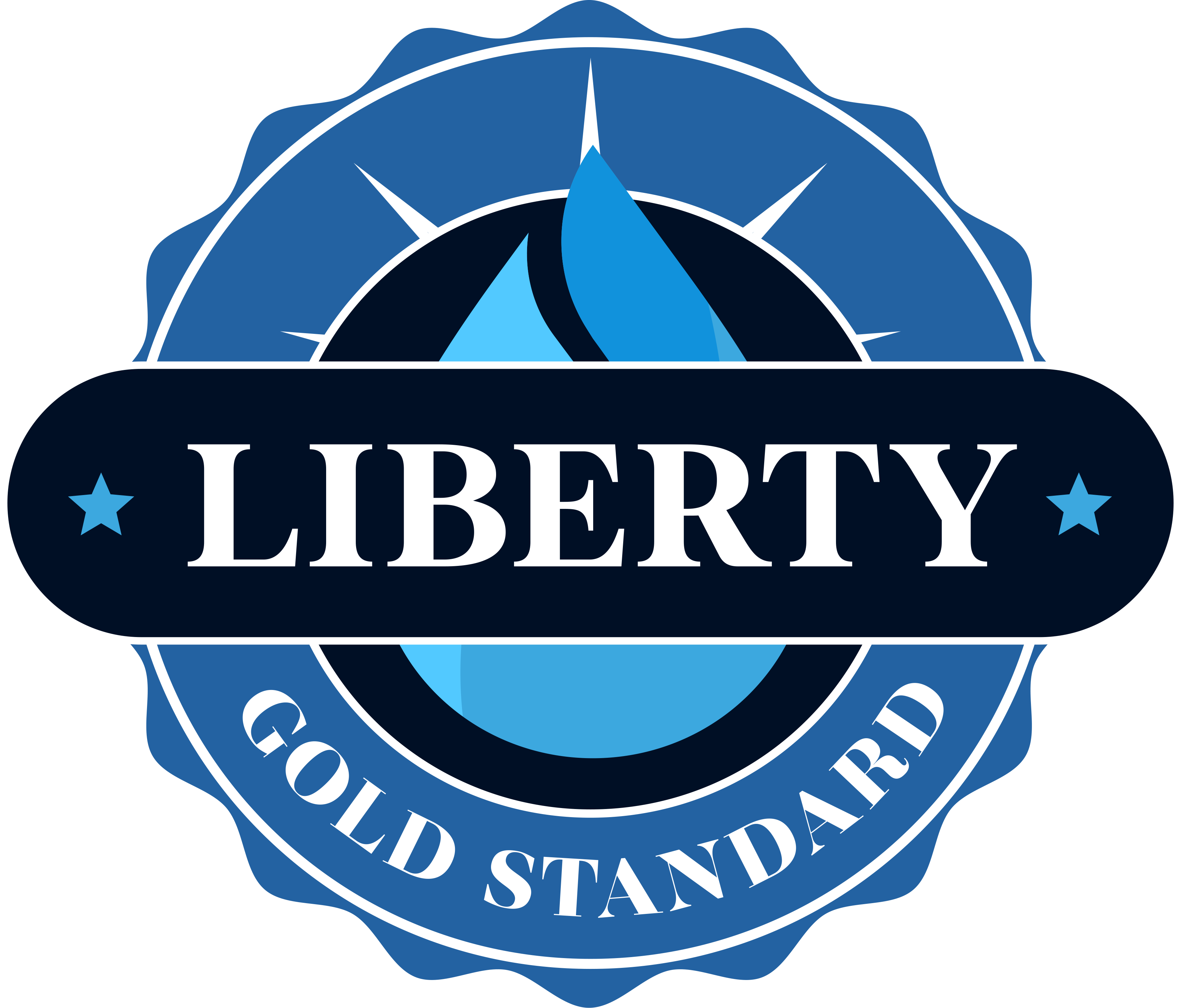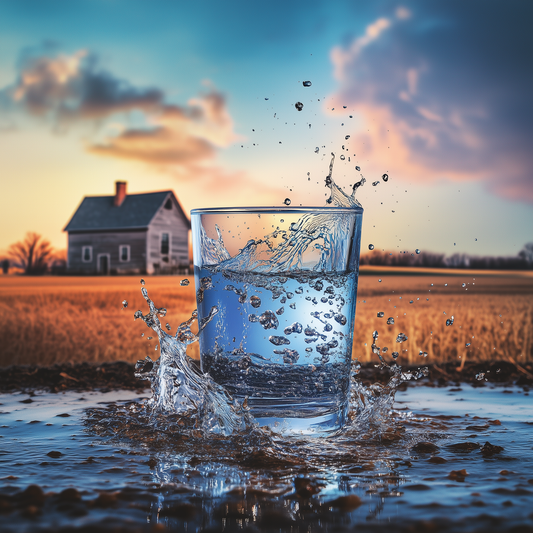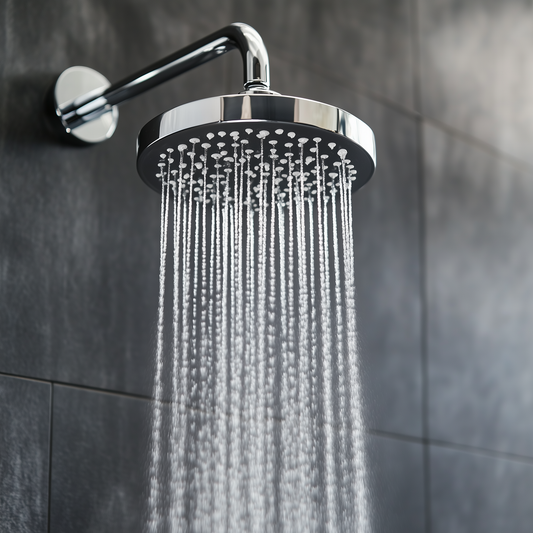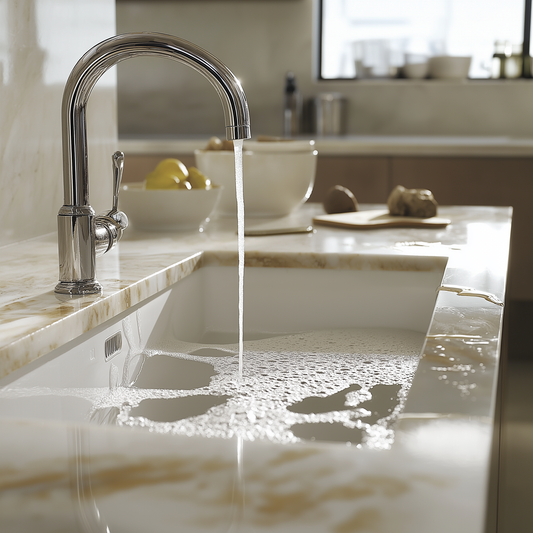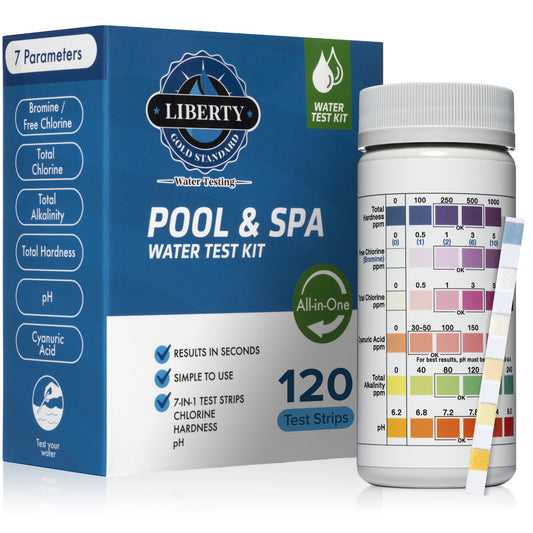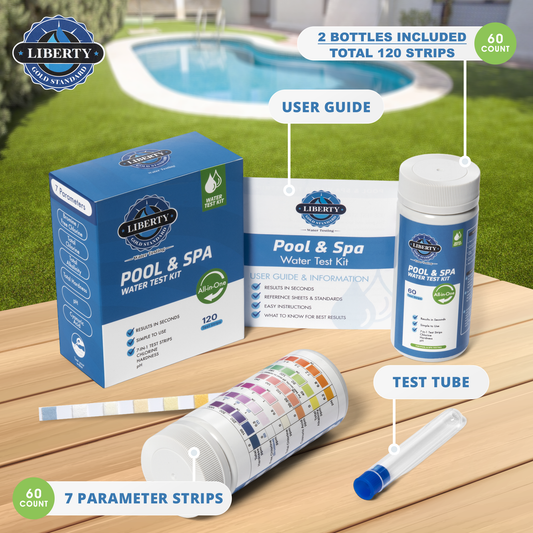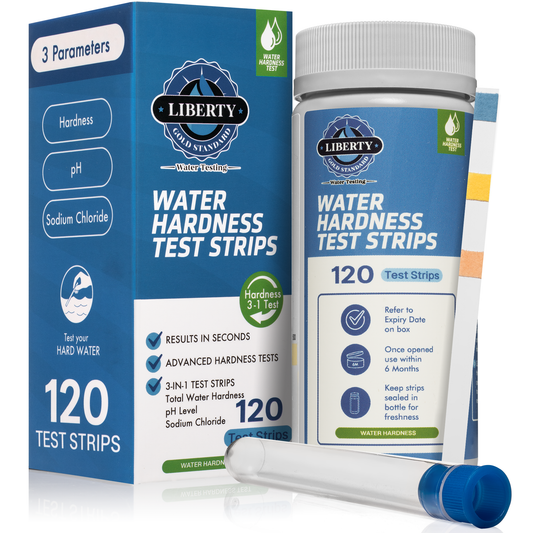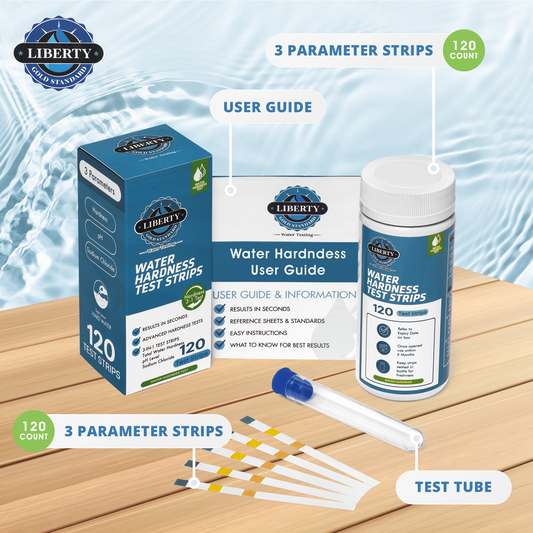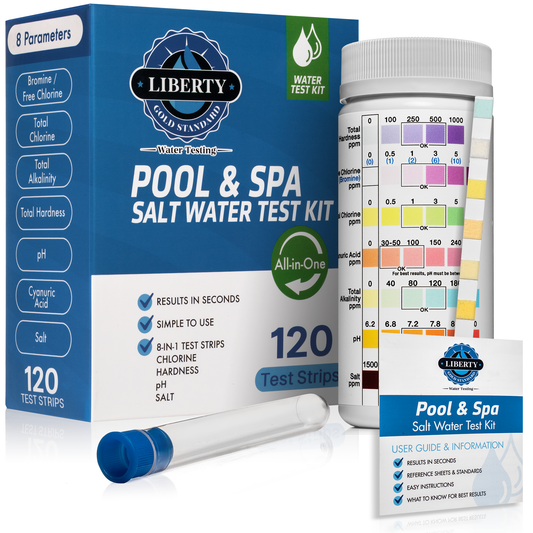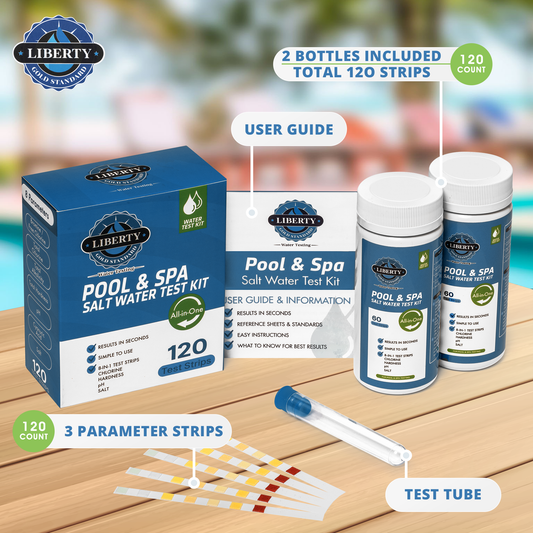There's a distinction between safe levels and recommended levels for sodium chloride in drinking water:
- Safe Levels: There aren't strict safety regulations for sodium chloride in drinking water itself. High levels aren't inherently toxic, but can be problematic for certain health conditions.
- Recommended Levels: The Environmental Protection Agency (EPA) recommends keeping sodium chloride levels below 20 milligrams per liter (mg/L) for people on very low sodium diets and 270 mg/L for those on moderately restricted sodium diets [1].
For showering and other household uses, there's no set safety level for sodium chloride. It doesn't pose a direct health risk through showering or bathing.
Here's a breakdown:
Drinking Water:
- Below 20 mg/L: Ideal for those on very low sodium diets.
- Below 270 mg/L: Generally recommended for those with moderate sodium restrictions.
- Above 270 mg/L: May contribute to exceeding daily sodium intake, especially for those with health concerns like high blood pressure.
Showering:
- No set safety level: Sodium chloride is unlikely to be absorbed significantly through the skin during showering.
- Your soap might be working harder, not smarter. Hard water can make it difficult for soap to lather, leaving you feeling less clean and potentially causing dry skin. Adding salt to hard water will make you shower experience more enjoyable help shower head and pipes stay clear reducing mineral buildup.
Hard Water Home Upkeep and Maintenance:
Hard water contains dissolved minerals, primarily calcium and magnesium. While these minerals are generally harmless to drink, they leave behind a residue called "scale" as water evaporates. This scale builds up over time, causing a range of problems.
Plumbing Problems
- Clogged Pipes: Scale accumulates inside pipes, restricting water flow and decreasing water pressure. This can eventually lead to complete blockages.
- Corrosion: Scale can corrode pipes, especially in older homes with metal plumbing. This can lead to leaks, burst pipes, and costly repairs.
- Reduced Water Heater Efficiency: Scale builds up on the heating elements of water heaters, reducing their ability to heat water efficiently. This leads to higher energy bills and a shorter lifespan for the appliance.
Appliance Problems
- Washing Machines: Scale can clog the water inlet valve and reduce the efficiency of detergents, resulting in dingy clothes and potential damage to the machine.
- Dishwashers: Scale can leave spots and streaks on dishes, clog spray arms, and damage the heating element.
- Refrigerators with Ice Makers and Water Dispensers: Scale can clog the water lines and affect the ice maker's performance.
- Coffee Makers: Scale buildup can affect the taste of coffee and clog the machine's internal components.
- Humidifiers: Scale can clog the humidifier and reduce its efficiency.
Important Points:
- If you have concerns about sodium intake due to drinking water, consult your doctor. They can advise on a safe level based on your individual health needs.
-
Water softeners can add some sodium to your home's treated water. If you have a water softener and are on a sodium-restricted diet, you might consider:
- Using a reverse osmosis system for your drinking water.
- Discussing alternative water softening methods with a plumber if sodium is a major concern.
Remember, these are general guidelines. It's always best to consult a healthcare professional for personalized advice on sodium intake and its impact on your health.
It's easy to test your water in home with a Total Hardness test and test for sodium chloride in water if concerned with maintain the proper salt levels in water.
Save 10% at checkout with promo code HARDWATER10 for water hardness test today!
